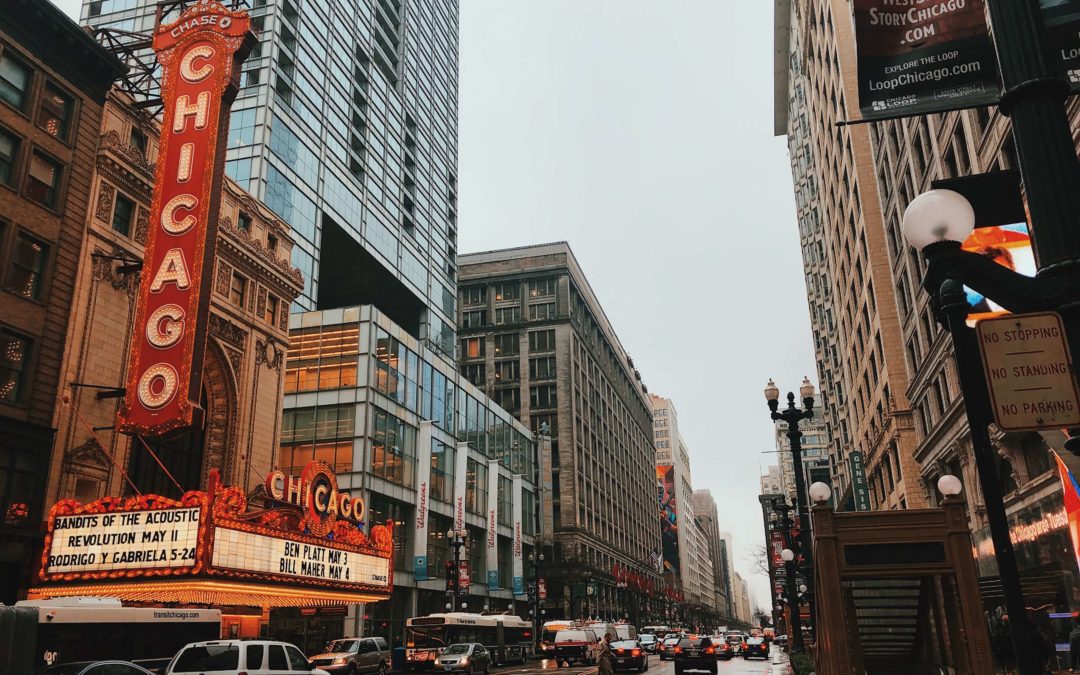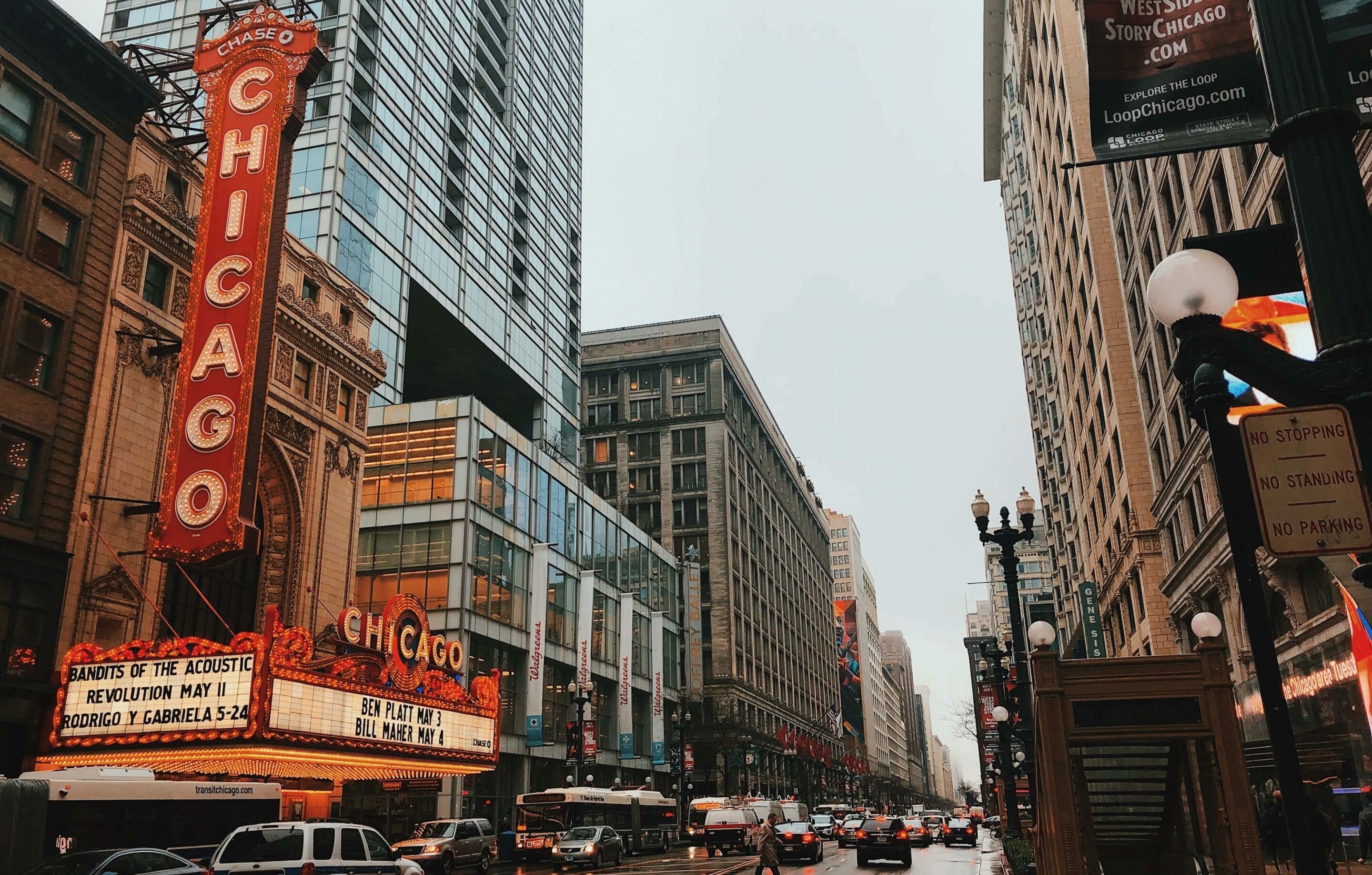
Illinois Cannabis is Legal? Why You Probably didn’t Hear about It

A major issue in the cannabis legalization movement is that every state can do it differently. Illinois cannabis legalization definitely did it different, and not for the better.
In June, Illinois became the first state in history to legalize the recreational possession and sale of cannabis entirely through the legislative process, whereas every other state has legalized through state-wide ballots. They also took a huge step in expunging the criminal records of nearly 800,000 residents in the state who possessed or purchased up to 30 grams of cannabis and were prosecuted.
With the state set to begin adult recreational sales in January 2020, all seems well and good. That is until you look a little closer at the legislation.
The Illinois Cannabis Crunch
Some states choose to be very lax with their regulations, like Oklahoma or Oregon. Both states have booming cannabis economies with Oklahoma’s in particular taking off faster than any other medical industry in the country. But both states are also facing serious over-supply issues.
Oregon has already taken the brunt of the surge, with so much more cannabis in the state than its residents consume that they had to pass a law permitting cross-border sales of cannabis to try to get rid of the excess. Oklahoma is following a similar path, with over 4,000 licensed growers and only 1,400 dispensaries for a state that is highly interested in cannabis. On top of that, there is roughly one dispensary for every 70 Oklahomans, which is not ideal for continued business traffic.
To avoid making the same mistakes, Illinois put a cap on how many dispensaries are allowed to open in order avoid cities filling up with pot shops too quickly. However at the end of 2019, the state only has 113 permitted dispensaries for recreational sales. Remember how Oklahoma had a dispensary for every 70 people? Illinois hardly has one for every 100,000.
An Attempt to Keep Big Business Out
It’s fair to say that Illinois’ cannabis legalization intentions were pure enough. The purpose of the dispensary cap is to prevent chains from taking over. The legislation limits chains to no more than 10 locations in the state, and limits the entire state to only 500 dispensaries, total.
That may sound like a lot of dispensaries, but 500 dispensaries is just enough for every 200 people to have a shop to visit. Additionally, the state won’t be adding any new dispensary licenses until May 2020, leaving four months of extremely limited supply. Even then, the state is only issuing 75 more licenses, leaving less than 200 dispensaries by the end of May at the earliest.
Also being a more conservative state, it is expected that a good bit of Oklahoma jurisdictions will ban retail dispensaries altogether, and a lot of people are concerned that the efforts to keep big business out will result in even more solicitation of private market cannabis.
A Slow and Steady Approach
Recreational cannabis sales are set to begin in less than 2 months in Illinois. With a little more 100 dispensaries to serve the entire state on January 1, it’s going be very difficult to get everyone taken care of for some time. But the Illinois cannabis industry doesn’t appear to be in a rush.
To put it all in perspective, by the end of 2020 Illinois is only projected to have about one tenth of the amount of dispensaries as Oregon has, with the maximum allowance of the legislation only being equivalent to one quarter of the Oregon cannabis industry when the Illinois cannabis industry is fully up and running in what will most likely be a few years.
This might not be a bad thing for Illinois though. Being a more conservative state outside of Chicago, demand for cannabis likely won’t be as high as other states that have legalized. Also with homegrowing allowed under the new law, residents that can’t find a nearby dispensary will either not participate in the industry, or start growing their own.
While the latter could lead to a rise in private market distribution, it isn’t very likely due to what most are projecting will be low demand outside major metropolitan areas, where dispensaries are most concentrated. This is why the industry hasn’t sparked a lot of interest nationally. A lot of people aren’t expecting any big developments for at least two years, and even then the Illinois cannabis industry will still be a small player compared to other states that have legalized cannabis.
Illinois cannabis legalization is a great thing for the state and the country. They may be moving more slowly than other states, but they may also just be more cautious and hoping to avoid the mistakes made by Oregon or California. Unfortunately it’s much too soon to say how the Illinois industry will perform, but usually where there is legal weed, there is prosperity.






